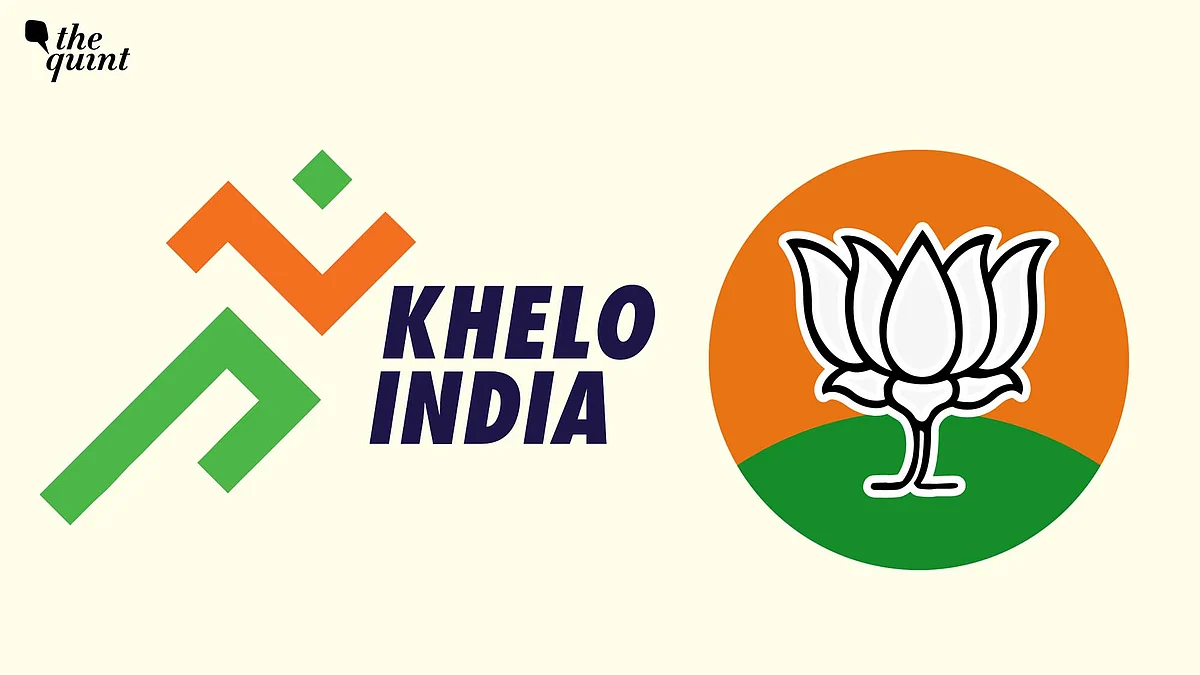Khelo India, but Not All Are Invited: Non-BJP States Lack Funding Despite Medals
Tamil Nadu produces more top athletes than any other state. Yet, the state lacks basic infrastructure.

advertisement
At the time of writing, Tamil Nadu had won 24 gold medals at the ongoing Khelo India Para Games, currently underway in New Delhi. The state ranks second—both in terms of gold medals won and overall medals earned. In the 2024 Olympics, Tamil Nadu sent six athletes in 4 x 400 metres relay, who gave the season’s best performance. That was the highest number of athletes for any state.
However, the state’s share of funds from the Union government has been disappointingly scarce.
The data suggests a huge disparity in funds received by geographically larger and non-Bharatiya Janata Party (BJP)-ruled states.
Under the Khelo India scheme, Tamil Nadu, West Bengal, Telangana, Kerala, Punjab, Jharkhand, and Chhattisgarh received Rs 20.4 crore, Rs 22.22 crore, Rs 17.77 crore, Rs 50 crore, Rs 78.02 crore, Rs 9.63 crore, and Rs 19.66 crore, respectively.
On the other hand, the geographically largest BJP states – Rajasthan, Madhya Pradesh, Maharashtra and Uttar Pradesh – received Rs 107.33 crore, Rs 94.06 crore, Rs 87.43 crore and 438.27 crore, respectively.
A senior official with the Union Ministry of Youth Affairs and Sports (MYAS) said that the proposals sent by the state governments are evaluated before releasing the funds. However, data show otherwise.
(Photo: The Quint)
However, the observed disparities have raised discussions regarding the equitable distribution of resources.
DMK Rajya Sabha MP P Wilson, who raised the issue in the Upper House, recently told The Quint, “The BJP-ruled states get lion’s share of funds under the scheme while the others are getting peanuts. Tamil Nadu aims to build state-of-the-art stadiums in every district—and funds from the Union government would be helpful.”
Pending Multi-Crore Proposals
In 2024-25, the Tamil Nadu government submitted proposals worth Rs 120 crore to the MYAS for developing sports infrastructure. However, the state has been denied any funds so far.
“The proposals, sent over the past year, include funding for a synthetic athletic track, a multipurpose indoor stadium, a swimming pool, and a synthetic hockey turf at various places of the state,” said a senior official, seeking anonymity.
Even top-notch stadiums in Tamil Nadu lack important facilities. The state is a proven talent hub, especially in sprints and jumps, producing more top athletes than any other Indian state. Yet, the lack of basic infrastructure hinders their growth.
The stadium hosts over 200 master and professional athletes daily. Without a world-class facility, many are forced to train abroad, spending huge sums to access better infrastructure.
The absence of funds is visible in Tamil Nadu’s sports centres. "Coaches at Khelo India centres in the state are paid only once every three months, forcing many to quit," said a source from the state government, seeking anonymity.
Andhra Pradesh’s Predicament
Similar to Tamil Nadu's predicament is that of Andhra Pradesh.
Between 2021 and 2023, proposals worth Rs 237.56 crore submitted by the Andhra Pradesh government were rejected by the MYAS. Since December 2023, after the MYAS introduced an online portal for submission of proposals, the state submitted 36 projects with an estimated cost of Rs 307.57 crore, data shared by Sports Authority of Andhra Pradesh (SAAP) indicated.
Sunkara added that she is hopeful of receiving more funds in the future now that the NDA coalition is in power.
After Andhra Pradesh's bifurcation in 2014, Telangana inherited Hyderabad’s world-class stadiums and top-tier sports facilities, leaving Andhra with little to build upon.
“Not even a district in Andhra Pradesh has a decent stadium in the state. Even in the tier-1 city such as Visakhapatnam, there is no infrastructure to conduct national level championships,” said Andhra Pradesh Olympic Association President RK Purushotham, reiterating that funds under a Khelo India vertical about developing sports infrastructure could be utilised for the state.
What are the state's plans if they get funds?
Sunkara said the aim is to set up National Centres of Excellence in Guntur (Athletics, Archery, Weightlifting) and Kakinada (Hockey, Rifle Shooting), launch state-level Khelo India centres in seven districts, and host Khelo India National Games.
(Laasya Shekhar is an independent journalist from Chennai with 10 years of experience in print and digital media, predominantly covering environmental, energy, and women's issues.)